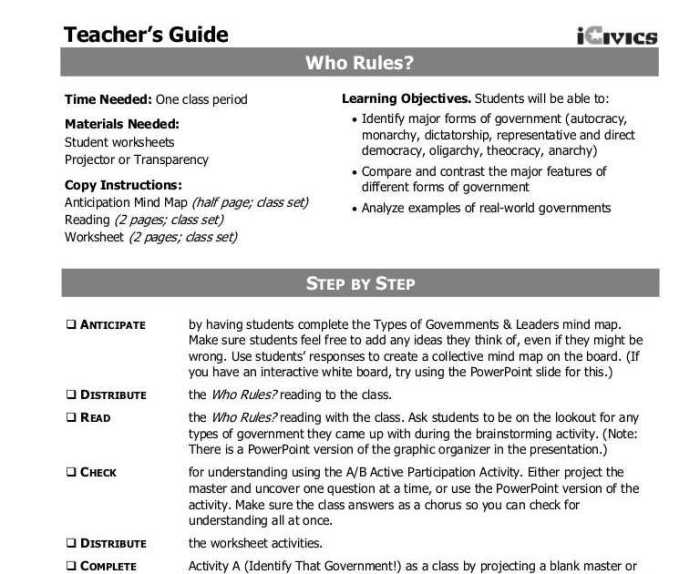No bill of rights no deal answer key crossword – Embarking on an exploration of “No Bill of Rights, No Deal: Answer Key Crossword,” this introduction delves into the crucial role of the Bill of Rights in safeguarding individual freedoms and limiting government overreach. As we unravel the historical context and key provisions of this foundational document, we will gain a profound understanding of its enduring relevance in the 21st century.
The Bill of Rights, ratified in 1791 as the first ten amendments to the U.S. Constitution, emerged from a rich historical context marked by struggles for liberty and justice. Its inclusion was driven by concerns over the potential for tyranny and the need to protect fundamental rights from government infringement.
No Bill of Rights, No Deal

The Bill of Rights is a set of ten amendments to the United States Constitution that protect the basic rights of individuals. These rights include freedom of speech, religion, and the press; the right to bear arms; the right to a fair trial; and the right to due process of law.
The Bill of Rights was adopted in 1791 as a response to concerns that the new federal government would be too powerful and that individual rights would not be adequately protected.
Historical Context
The Bill of Rights was not included in the original Constitution. The Constitution was drafted in 1787 and ratified in 1789. However, many people were concerned that the new government would be too powerful and that individual rights would not be adequately protected.
As a result, the Bill of Rights was proposed by James Madison and adopted in 1791.
There are many examples of specific cases where the lack of a Bill of Rights led to injustice. For example, in the case of Barron v. Baltimore (1833), the Supreme Court ruled that the Bill of Rights did not apply to the states.
This meant that states were free to pass laws that violated individual rights. As a result, many states passed laws that restricted freedom of speech, religion, and the press.
Key Provisions of the Bill of Rights
The Bill of Rights contains ten amendments that protect the basic rights of individuals. These amendments include:
- The First Amendment protects freedom of speech, religion, and the press.
- The Second Amendment protects the right to bear arms.
- The Third Amendment protects against the quartering of soldiers in private homes.
- The Fourth Amendment protects against unreasonable searches and seizures.
- The Fifth Amendment protects against self-incrimination and double jeopardy.
- The Sixth Amendment protects the right to a fair trial.
- The Seventh Amendment protects the right to a jury trial in civil cases.
- The Eighth Amendment protects against excessive bail and cruel and unusual punishment.
- The Ninth Amendment protects rights that are not specifically mentioned in the Constitution.
- The Tenth Amendment reserves all powers not delegated to the federal government to the states or the people.
Importance of the Bill of Rights, No bill of rights no deal answer key crossword
The Bill of Rights is considered essential to a free and democratic society. It protects the basic rights of individuals and limits the power of government. Without the Bill of Rights, the government would be free to violate individual rights and freedoms.
There are many examples of countries where the lack of a Bill of Rights has resulted in human rights abuses. For example, in China, the government has a history of suppressing freedom of speech, religion, and the press. As a result, many Chinese citizens have been imprisoned or even killed for expressing their views.
Modern-Day Relevance
The Bill of Rights is still relevant today. It continues to protect the basic rights of individuals in the face of new technologies and emerging issues. For example, the Bill of Rights has been used to protect the right to free speech on the Internet and the right to privacy in the digital age.
There are many recent cases where the Bill of Rights has been invoked to protect individual rights. For example, in the case of Citizens United v. FEC (2010), the Supreme Court ruled that corporations have the right to spend money on political campaigns.
This decision was based on the First Amendment’s protection of freedom of speech.
FAQ Overview: No Bill Of Rights No Deal Answer Key Crossword
What is the significance of the Bill of Rights?
The Bill of Rights protects individual freedoms and limits government power, ensuring that citizens are not subject to arbitrary or oppressive actions by the state.
How does the Bill of Rights apply to modern technology?
The Bill of Rights principles extend to the digital realm, protecting individuals’ privacy, free speech, and other rights in the context of online activities and data collection.
